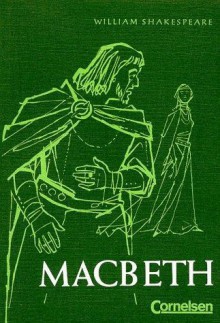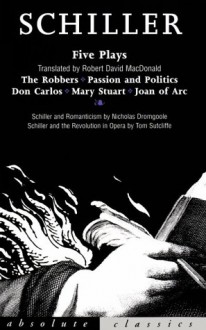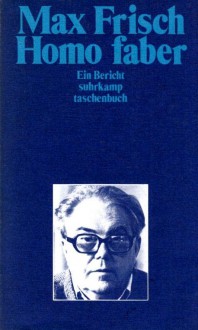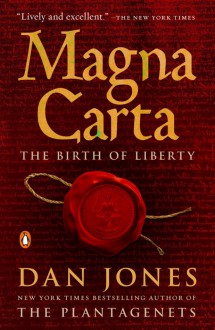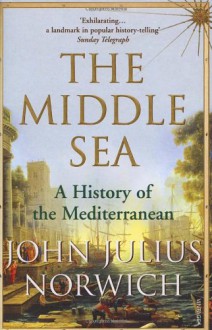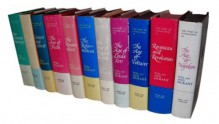By and large, I think it's fairest to say "I didn't mind" the books we read in school.
A few stood out as instant favorites: Shakespeare's Macbeth which, together with Franco Zeffirelli's Romeo and Juliet movie (which we watched in class) laid the groundwork for my lifelong love of Shakespeare; and Elizabeth Barrett Browning's Sonnets from the Portuguese (which the rest of my class hated, but I instantly loved).
Some that I found OK without being enthusiastic about them still inspired me to take a closer look at their authors and discover works that I ended up liking much better -- e.g. Friedrich Schiller's The Robbers and Intrigue and Love (aka Passion and Politics), which eventually led me to his Don Carlos, which in turn became an instant favorite.
Some I rather disliked in school (at least in part, because of the way in which they were presented in class), but I reread them years later and they suddenly made a whole lot more sense -- such as John Osborne's Look Back in Anger, Aldous Huxley's Brave New World, Albert Camus's The Stranger (though I still liked The Plague, which we never read in school, better), Max Frisch's Homo Faber and The Firebugs; and, perhaps most surprisingly, Thomas Mann's Mario and the Magician (surprising because Mann was already a favorite author of mine at the time, so this should have been a no-brainer favorite from the start).
There were only a few books that I positively hated in school, but those I hated with enough of a vengeance never to have looked at them again -- or at anything else written by their authors: Peter Handke's Kaspar and Alfred Andersch's Sansibar.
Far and away the biggest impact on my reading preferences, though, was wielded by my final English teacher, who not only taught that Shakespeare class mentioned above and introduced me to sonnets (EBB, Shakespeare and otherwise), but who also gave me a copy of Jane Austen's Mansfield Park as a gift ... and thus inspired yet another one of my most lasting instances of book fandom -- because come on, if you fall in love with Austen's writing when reading Mansfield Park, everything else is just bound to fall into place completely naturally.
(Task: Did you love or hate the books you had to read for school? Looking back, which ones (good or bad) stand out to you the most?)



 Log in with Facebook
Log in with Facebook 
